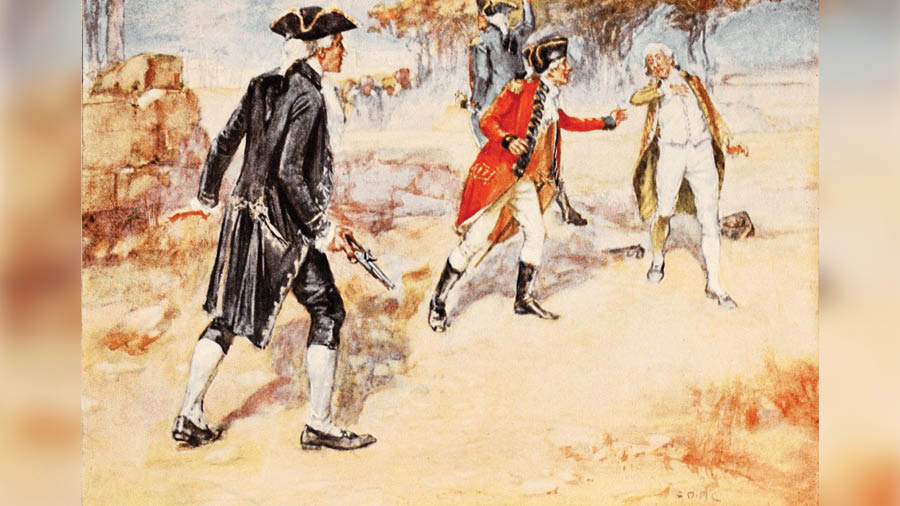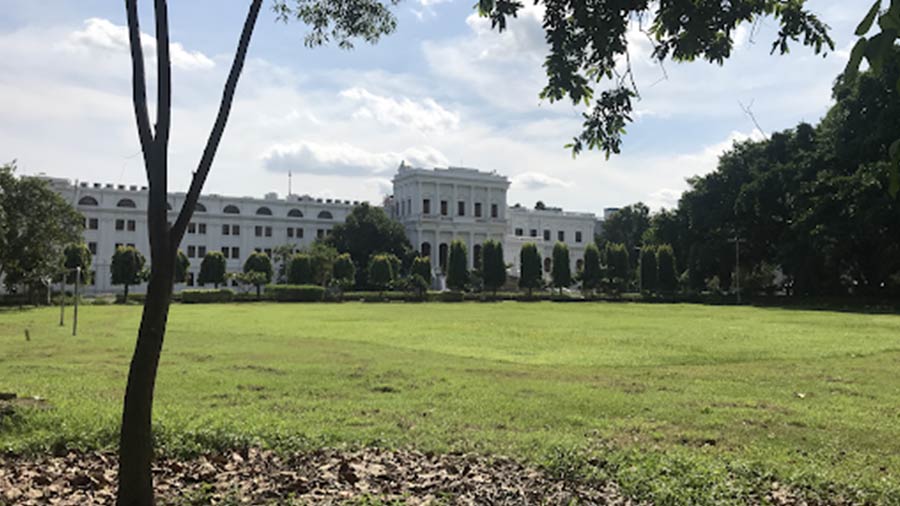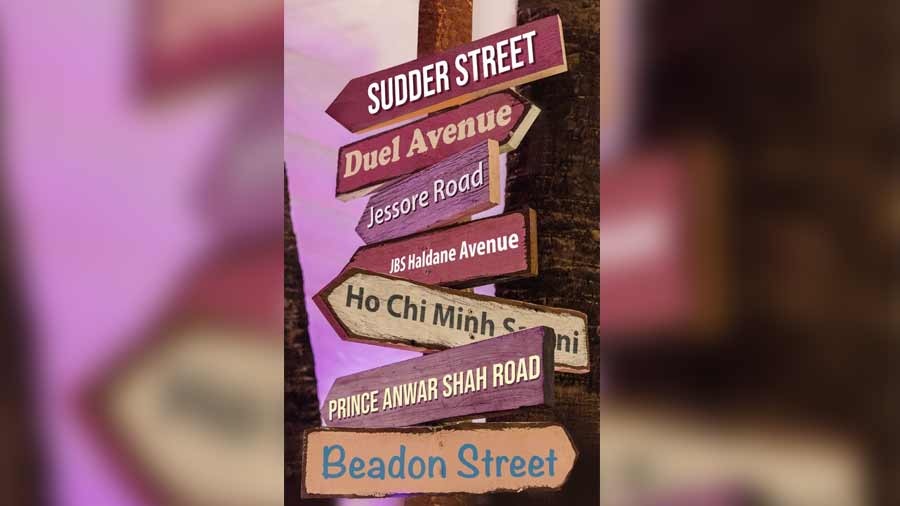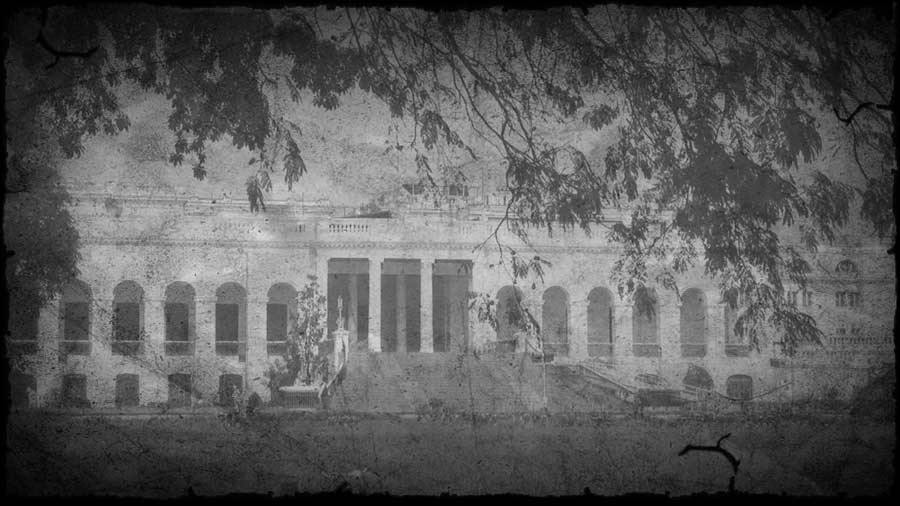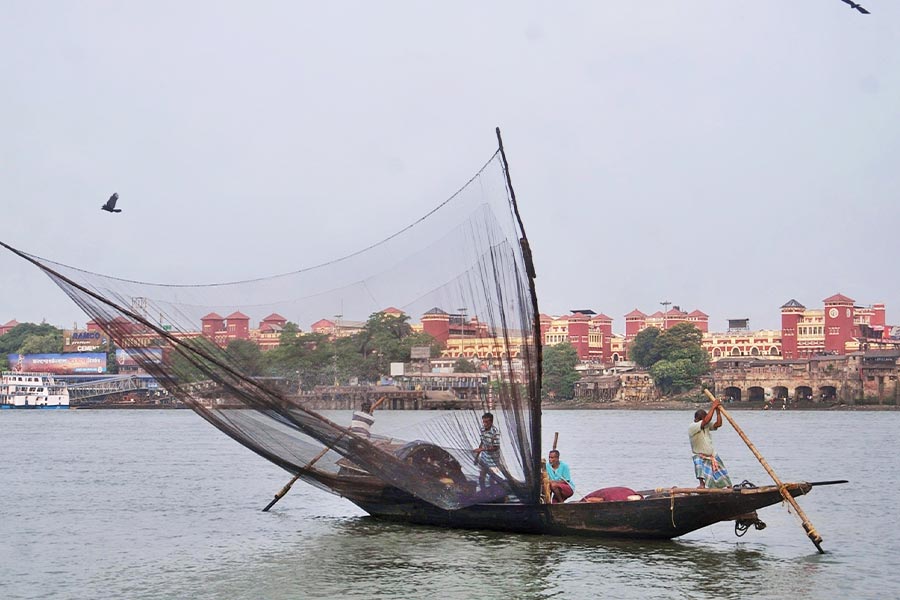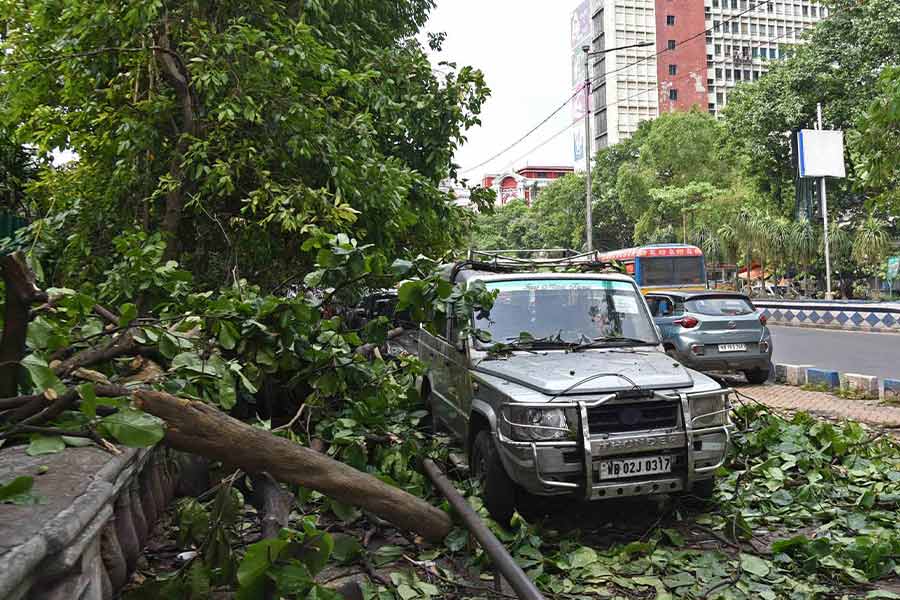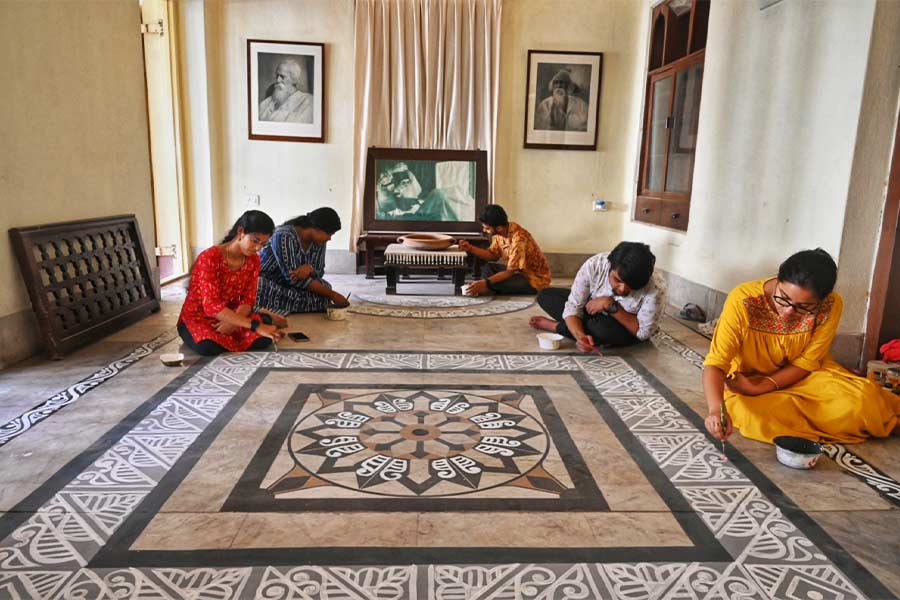Let’s travel back in time to about 245 years ago. Dawn is breaking in ‘Calcutta’ over a shaded road leading away from Belvedere Estate towards Alipore. If you and I were there, we would have seen four European gentlemen in a huddle, talking in animated tones. By their clothes, and a shiny horse drawn carriage standing nearby, we would have guessed that the men were from well-to-do backgrounds. What we might not have guessed was that two of the men were among the most powerful in India of the time — and that they were out there trying to kill each other in a civilised manner.
The duellers and the lead-up
In 1773, Warren Hastings was appointed the Governor General of Fort William, the de-facto ruler of British India. A year later, Philip Francis arrived in Calcutta as a member of the Supreme Council of Bengal. Along with his fellow council members Monson and Clavering, Francis became a thorn in Hastings’ side. Both men had strong egos and this fuelled their repeated clashes. Any legislation by Hastings was regularly blocked by Francis and his two mates, leading to much bad blood between the two men.
The matter came to a head after the hanging of Maharajah Nand Coomar — a feat allegedly masterminded by Hastings with the help of his close friend, Elijah Impey, the Supreme Court of Judicature at Fort William. On the basis of letters by Nand Coomar, Francis, Monson and Clavering accused the governor general of financial fraud. A furious Hastings responded with scathingly worded minutes of meeting where he raised accusations of misdemeanour in Philip Francis’ private life. This latter referred to the juiciest gossip of Calcutta of the time — the seedy affair of Sir Francis with Mrs. Catherine Grand (nee Werlee), one of the most celebrated beauties of Bengal of the late 18th century.
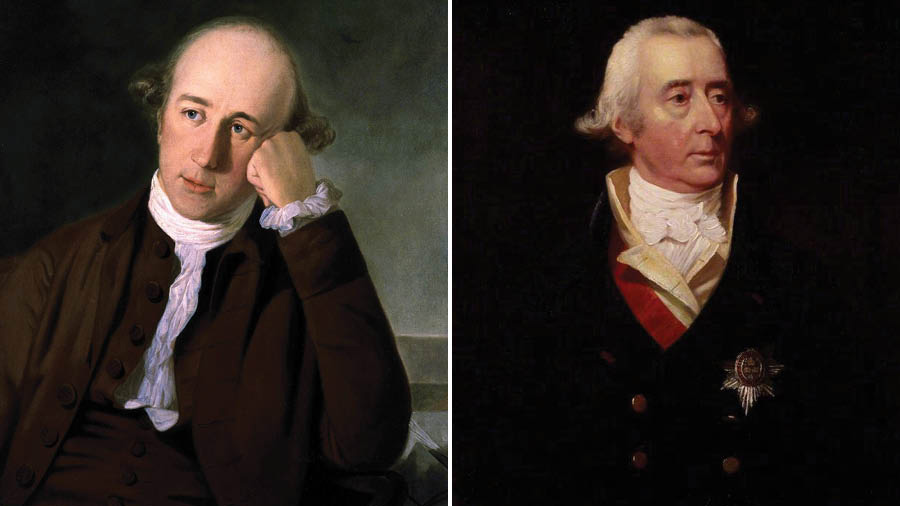
Warren Hastings and (right) Philip Francis
Wikimedia CommonsA challenge for honour
With his personal honour called into question, Sir Francis was left with no choice but to challenge Governor General Hastings to a duel of guns. The challenge was made on August 14, 1780 and a time was fixed for three days later, the morning of August 17.
There was a catch though, and that was that neither man had any credible history of prowess with firearms. Francis had never picked up a gun in his life before that day while Hastings, by his own admission, had only fired a shot once or twice in his life. Neither had much idea about the exact rules of a duel either.
As per the norms of a duel, both selected a second — Hastings’ choice was Colonel Thomas Dean Pearse of the Bengal Army’s artillery, while Franciss second was Colonel Henry Watson, chief engineer at Fort William. The responsibility of explaining the rules of the duel to the combatants fell on these two men.
The duel at dawn in Kolkata
Going back to our time-travelling journey. There is a sense of secrecy in the men’s movements — if news of this duel becomes public, it will lead to much scandal, after all. At 5.30am, the four men start walking towards the residence of Mr Barrell, a member of the governing council. Soon, they are on a narrow old road that separates Mr Barrell’s grounds from Belvedere Estate. A shaded, dry spot is selected by the seconds as the spot for the duel. The duelists walk 14 paces (approximately 35 feet) in opposite directions before taking aim.
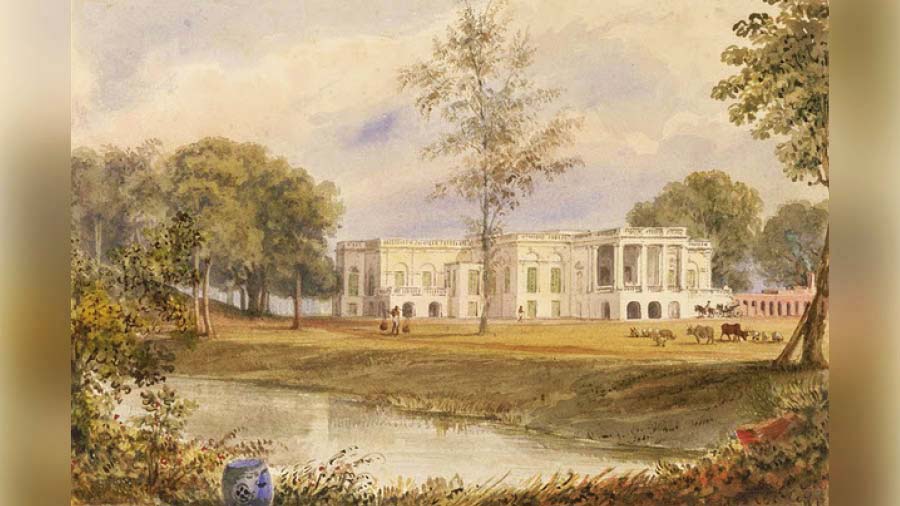
William Prinsep’s sketch of Belvedere Estate in the 1800s
Wikimedia CommonsOn the count of three, both men fire simultaneously. Francis misses his mark but Hastings’ shot finds the target. As a bloodied Francis collapses on the ground shouting that he is a dead man. Hastings throws away his gun and rushes to his rival, exclaiming “Good God! I hope not.”
According to the account of Col. Pearse, the governor general behaved like a true gentleman, despite his personal enmity with Sir Francis, stating that he hoped his rival recovers from his wounds but were it not to happen, he had the intention of quietly surrendering himself to the sheriff. Fortunately for Hastings, the wound wasn’t fatal and Francis recovered, only to leave for England a year later, bringing to a temporary hiatus in the rivalry between the two men.
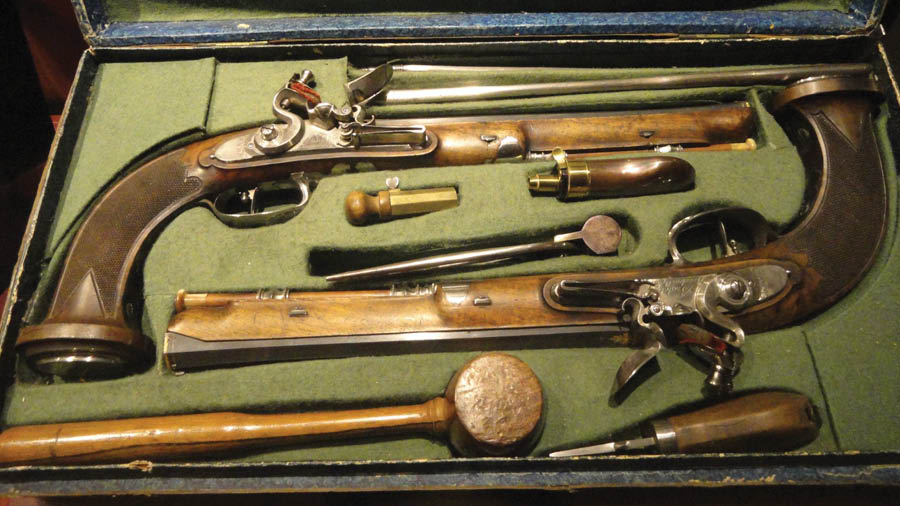
Duelling pistols from the 18th century
Wikimedia CommonsThe aftermath in England
The last chapter of this story wasn’t written until years later. In 1785, after 10 years of ‘ruling’ India, Warren Hastings returned to England. On his return, he along with Sir Elijah Impey were impeached by the British parliament on corruption charges — largely on the instigation of Sir Phillip Francis. The trial went on for seven years and finally in 1795, Hastings was acquitted of all charges.
One will never know what could have happened if the outcome of the duel had been any different. What if Warren Hastings had been killed that day? Or the more likely outcome of Philip Francis bleeding to death led to Hastings’ arrest and prosecution. Certainly, the course of history might have been different but then again, such intriguing what-ifs are littered through recorded human history.
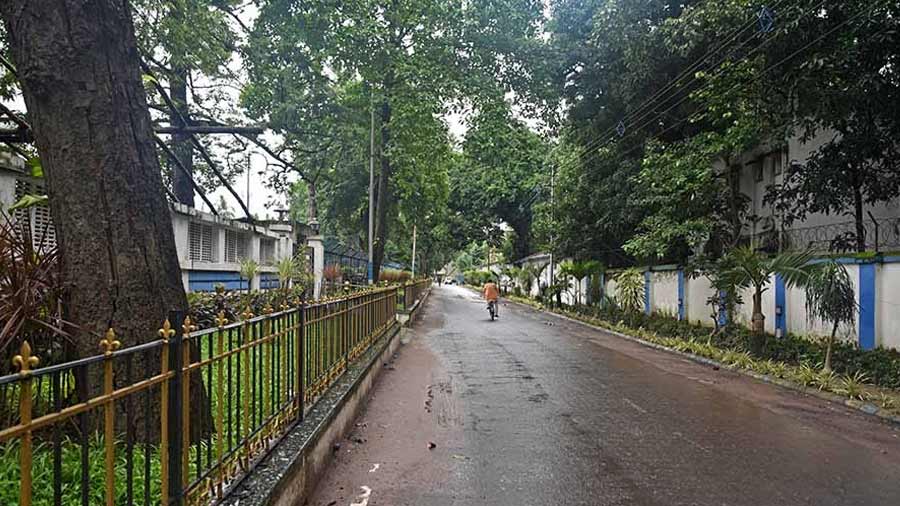
Duel Avenue, Kolkata
TT ArchivesThe road on which this (in)famous incident took place still exists today and has been named Duel Avenue. It runs through the campus of the Calcutta Armed Police lines, adjacent to the Calcutta Zoo and ends at the Calcutta Meteorological Observatory. But if we were to bring back Hastings and Francis with us to present days, neither would have been able to recognise it as the same stretch of land on which they had once fought each other.


